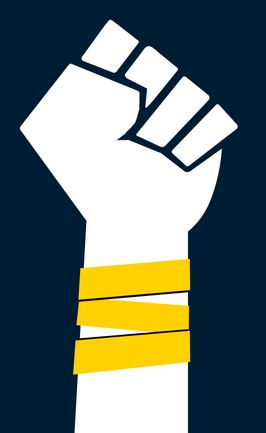The Davos Agenda

The Davos Agenda 2021, saw about 1500 global leaders come together under the theme of “A crucial year to rebuild trust” to discuss issues such as COVID-19 vaccination, job creation, climate change and technology among others. The annual event that is normally held at Swiss ski resort of Davos, was this year convened virtually by the World Economic Forum on 25th January and it is expected to end on 29th January 2021.
This year’s event has seven key thematic areas:
- How to Save the Planet;
- Fairer Economies;
- Tech for Good;
- Society and Future of Work;
- Better Business;
- Healthy Futures and Beyond Geopolitics.
The thematic areas are spread across five domains of the Great Reset Initiatives to be discussed on the 5 days as follows:
- Monday, January 25 – Designing cohesive, sustainable and resilient economic systems.
- Tuesday, January 26 – Driving responsible industry transformation and growth.
- Wednesday, January 27 – Enhancing stewardship of our global commons.
- Thursday, January 28 – Harnessing the technologies of the Fourth Industrial Revolution.
- Friday, January 29 – Advancing global and regional cooperation.
So far, the event took note of the mass vaccinations on the roll out across the world. It was emphasized that in a bid to create confidence, regulator information and government’s consistency in communicating was essential in a bid to generate more confidence in this vital exercise.
The event has so far seen the launch of the Partnering for Racial Justice in Business Initiative. The initiative is made up of 48 companies that have teamed up to bring racial justice to the workplace. The main aim of the Initiative is to operationalize and coordinate commitments to eradicate racism in the workplace and set new global standards for racial equity in business. It also affords businesses a platform to collectively advocate for inclusive policy change.
Importantly, the WEF’s, International Business Council proposed a set of universal environmental, social and governance (ESG) metrics to allow companies in all industries and geographies to measure and report performance. It was indicated that 61 business leaders from across industries have already made commitments to subscribe to the Stakeholder Capitalism Metrics that measure long-term value for all stakeholders. Companies with these metrics, can measure and report performance regarding non-financial aspects such as their impact on the environment, society and government, as well as a general pledge to take into account the wellbeing of all of their stakeholders as well as society as a whole.
Special emphasis was also laid on the Fourth Industrial Revolution and its influence on the global workforce. It was noted that the Fourth Industrial Revolution technologies driven by artificial intelligence (AI) are projected to change the world. Unlocking the potential for these technologies was also delved into as well as concerns on privacy, data security and how to leverage on the data were also discussed.
It is notable that the Davos Agenda marks the launch of WEF’s Great Reset Initiative. It is currently still on-going and we shall do a deep-dive of the event once the conference ends.

